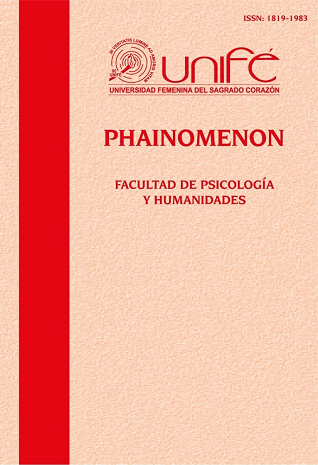Hubris in Ancient Greece: On Evil in Homer, Plato and Aristotle
DOI:
https://doi.org/10.33539/phai.v17i1.1275Keywords:
Hubris, excess, rage, evil, courage, vengeance, pleasure, cruelty, humiliationAbstract
The present work aims to show in a simple way the concept of hubris in ancient Greece through some of its most representative authors. It seeks to understand the importance of this notion nowadays and the warnings its consequences present to us. We will see that hubris makes an appearance in Homer, in the rage of Achilles; in the poets, in the nature of extreme pride; in Plato, in the excessive desire for pleasure; and in Aristotle, in the cruelty towards another for the sole pleasure of seeing him suffer. To this end, we will examine the evil that the Greeks discovered in human nature, and we will see that, although buried in oblivion by the modern man, hubris in the form of pride and excess can be present in human acts, even if we can no longer recognize it.






